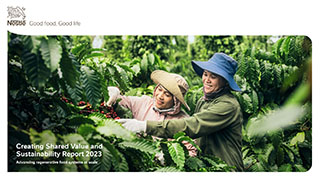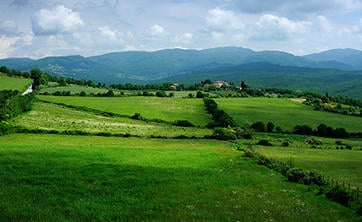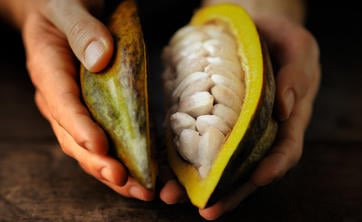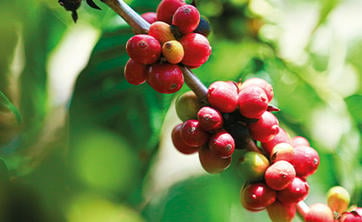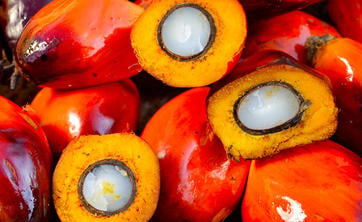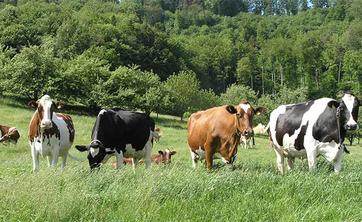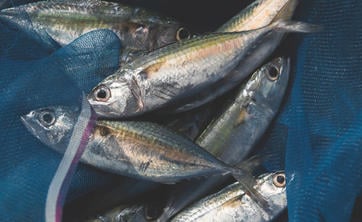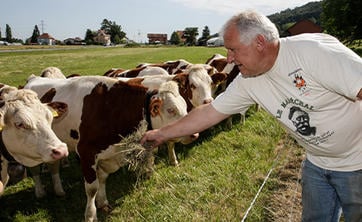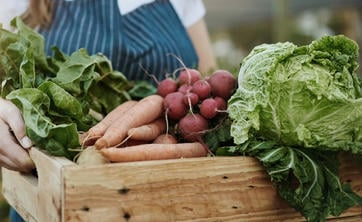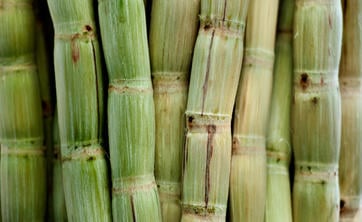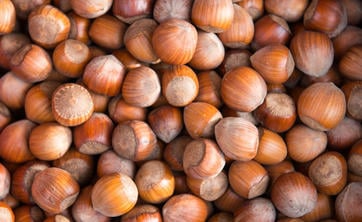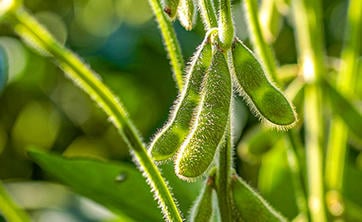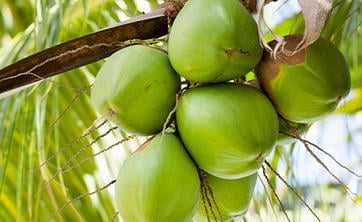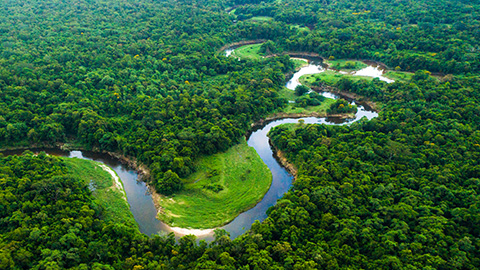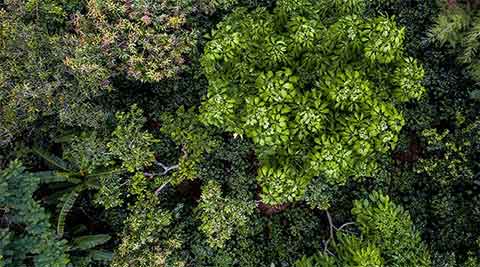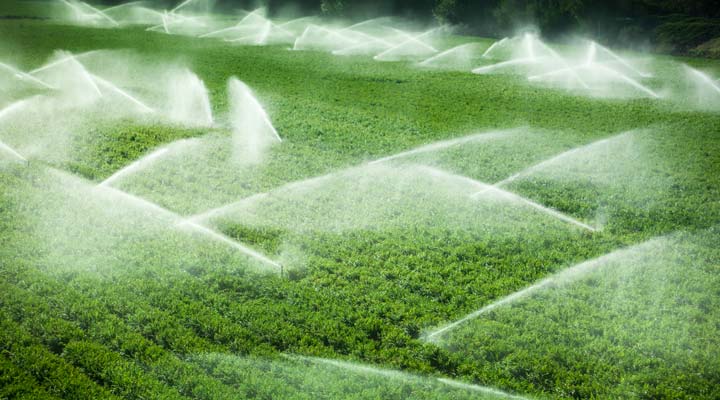Cereals and grains sourcing

Cereals and grains, particularly wheat and corn, are important raw materials for several of our food and beverage ranges, including breakfast cereals, pasta and pizza.
Our cereal supply chains are complex and wide-reaching, which can make it difficult for us to have complete transparency of our cereals’ origins. We are taking a consistent approach, as with other key ingredients, implementing programs for developing better, regenerative agricultural practices and improving farmers’ livelihoods.
Our approach to ensuring transparency in our cereals supply chain
We source cereals and grains from around the world, with most of our supply coming from Argentina, Australia, Brazil, France, Mexico, Russia, the United Kingdom and the United States. We buy cereals from commodity traders as well as cooperatives.
We aim to source from suppliers that comply with local laws and regulations and with our Responsible Sourcing Standard (pdf, 2Mb). To drive industry-wide transparency, we publish the list of our Tier 1 cereals suppliers (pdf, 370Kb) and corresponding mills in our supply chain (pdf, 410Kb), along with their countries of origin.
With greater transparency, we aim to help address the social and economic challenges in sourcing cereals, as well as the environmental issues, such as soil erosion, water quality degradation and biodiversity loss.
Restoring, renewing and regenerating ecosystems with partners
Helping to improve ecosystems
We work hard to add value to agricultural lands in regions where we source crops, to complement the good work that farmers are already doing.
In the United States, our pet food division Nestlé Purina works with farmers, conservation groups, government agriculture agencies, university experts and other companies to improve the overall ecosystems where we source key ingredients. For instance, we contribute to projects that aim to improve soil quality, irrigation and nutrient management in rivers. These help to conserve and protect the environment while supporting local farming communities.

Regenerating soils and mitigating climate change
Soils are crucially important for the planet. This thin layer, often less than one meter deep, nourishes approximately 95% of the Earth’s population. Agricultural soils only represent about 7% of the Earth’s surface yet they play a vital role in our existence. Their degradation has a major impact on biodiversity and global warming. Improving soil health helps it store more carbon, and contributes to enhancing biodiversity, biomass, water storage and quality.
Since 2018, Nestlé has been working with farmers in northern France to encourage innovative and practical approaches to soil regeneration in vegetable, wheat and sugar beet production. The Sols Vivants (Living Soils) initiative, involving partners such as Earthworm Foundation and supermarket chain Lidl, aims to improve soil fertility and water quality while preventing soil erosion and increasing carbon capture.
In Chile, Nestlé Nido has been gradually replacing synthetic fertilizers with biofertilizers in maize, pastures and other supplementary crops. Biofertilizers contain free-living bacteria which promote plant growth, improve productivity by strengthening root systems, and lower production costs and emissions of greenhouse gases.
Our United States-based Purina PetCare brand is Nestlé’s largest rice user and has joined forces with the sustainable rice program of brewing company Anheuser-Busch and Indigo Agriculture, a company that specializes in leveraging science and technology to improve the sustainability and profitability of the agricultural sector. An initial evaluation of a regenerative agriculture pilot project, involving nine farmers and encompassing 72 000 bushels, is expected to save more than 461 million liters of water and reduce greenhouse gas emissions by 300 tonnes while cutting input costs for farmers. Looking ahead, the project is expected to reduce greenhouse gas emissions by 83 000 tonnes by the end of 2025.
Our Gerber brand has also partnered with Indigo in the United States. At a 1800-hectare farm in Arkansas, a regenerative agricultural pilot program has used reduced tillage, alternate wetting and drying irrigation, precision drone-controlled crop spraying and furrow irrigation to help reduce emissions, nitrogen fertilizer usage and groundwater usage without any reduction in yield.




